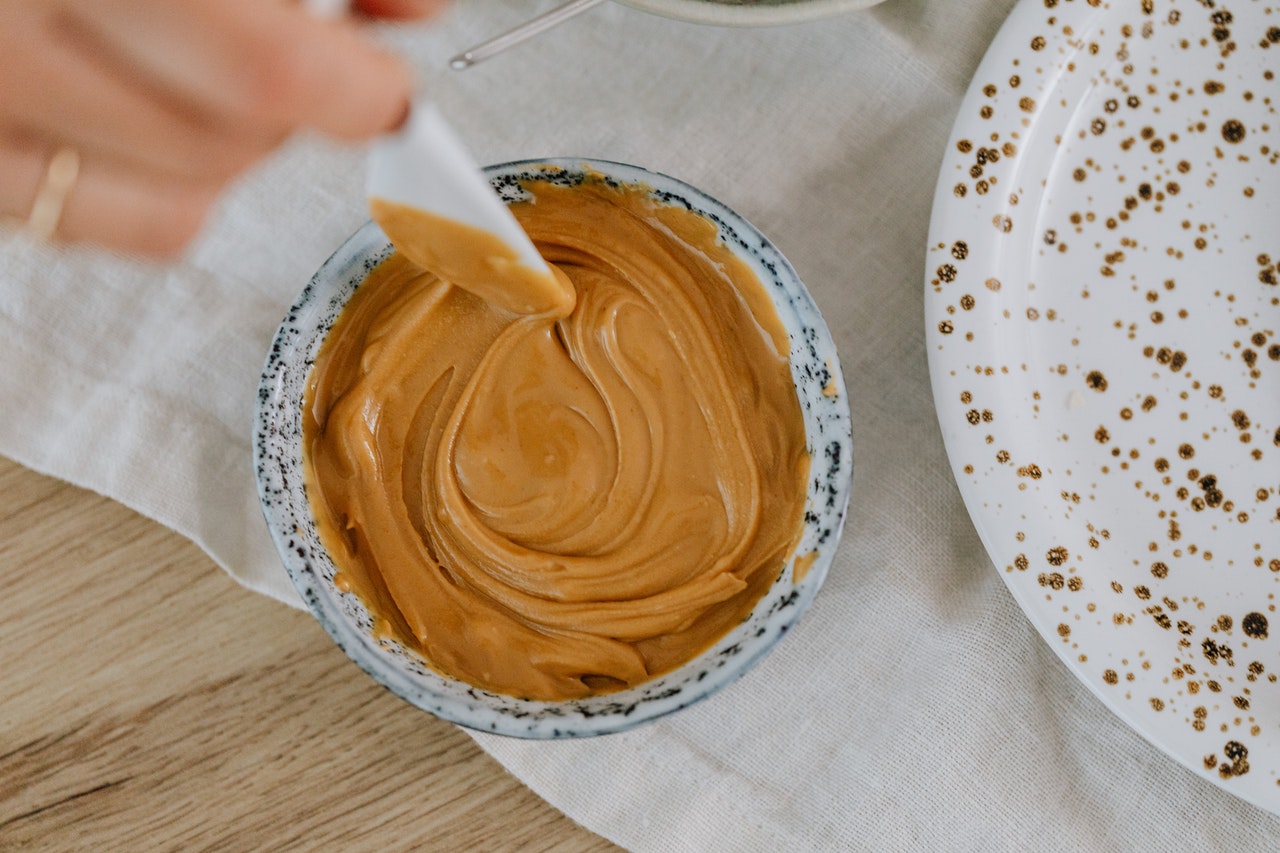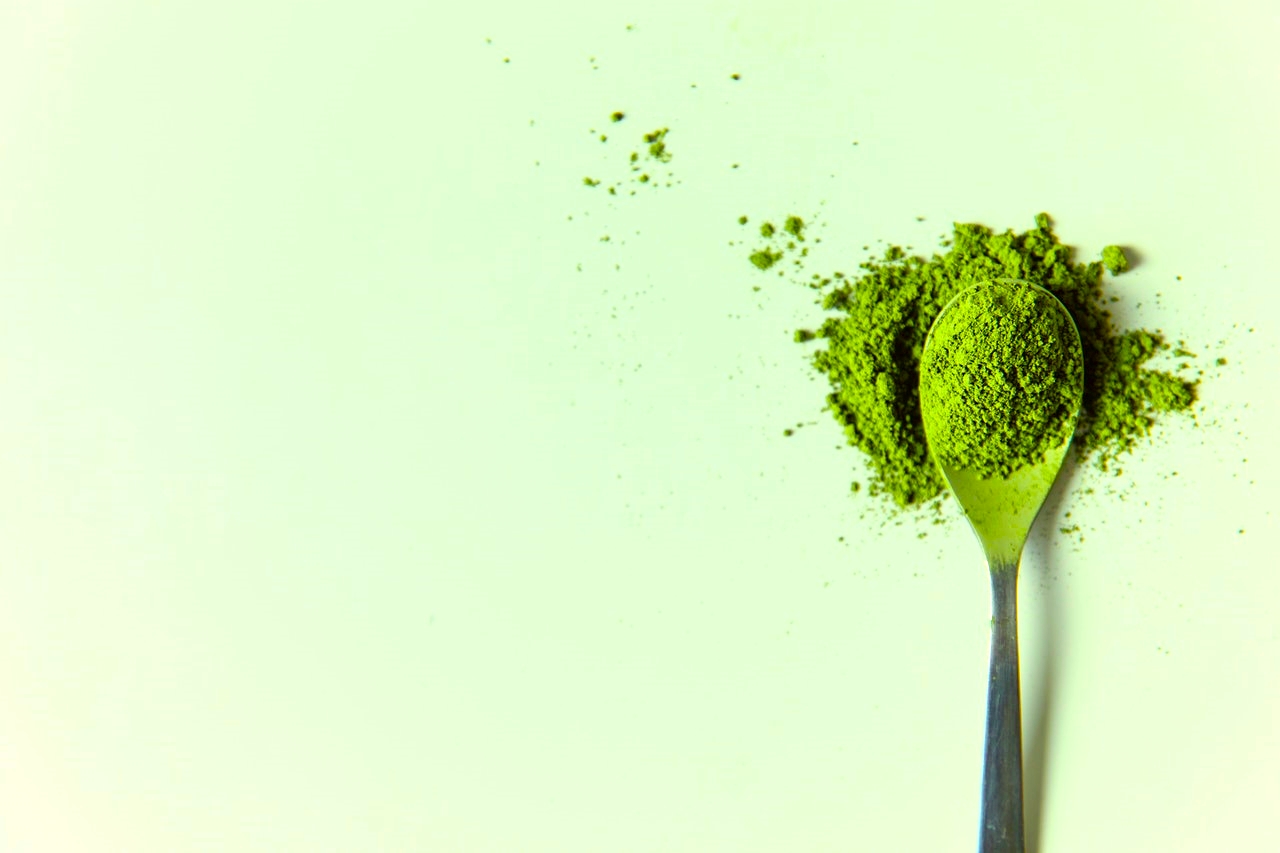Whether you’re training for a marathon or just starting to lift weights at the gym, giving your body the right nutrients before and after exercise is just as important as the exercise itself. So let’s chat about what to eat—and when—to get the most from your workouts.
Why the right nutrients are important before a workout
It might not seem like what you eat before your workout has an impact on how well you’ll do during your session, but it does! Choosing the right foods can make all the difference by enabling your body to use its energy efficiently. Eat the wrong thing and you might run out of gas halfway through—or feel sluggish throughout your session, as your body diverts energy from your muscles to your digestion. Finding the right nutrients is key to pushing yourself harder and reaching those personal records.
Carbohydrates to feed your workout
So what does that mean when it comes to pre-workout snacks? Simply put: carbs. Yup, carbs aren’t the bad guys they’re made out to be! They’re your body’s primary fuel source1, coming in two varieties: simple and complex. Simple carbs provide almost immediate fuel to your muscles, because they’re easily digested and absorbed, giving your cells the burst of energy they need to make the most of your time at the gym. These include rice cakes, rice, cereal, fruits like banana and bread. If you don’t have much time before your workout and need a quick snack, these should be your go-to about 30-60 minutes before you start exercising.1,2
Your other option—complex carbs—are higher in fiber, which slows down digestion and keeps you feeling full longer. If you’re not on a tight schedule or you’re able to plan your meals ahead of time, complex carbs like sweet potato, oats, beans and whole grain pasta are a great option. But take care around timing: It’s best to eat these 2-3 hours before your workout to give your body time to digest.
Why the right nutrients are important post-workout
While getting the right nutrients before exercise is important, giving your body the right nutrients after is just as critical. Post-workout, your body enters its recovery phase, when it repairs muscles and restores the energy you drained when you were exercising. Giving your body carbs and protein at this point plays a key role in this process.3
Refueling with carbs
After your workout, your body will use carbs to replenish your glycogen stores (your energy reserve), and the amount will vary with the type and intensity of the exercise. With endurance workouts like running, biking or swimming, you’ll use a lot more of your glycogen stores—and will need more carbs to restore them—than if you do something less energy intensive like lifting weights.
Your post carb needs will vary with your size, the exercise and length of activity, but a general range of recommendation is: Aim to get about 1.1 to 1.5 grams of carbs per kilogram of body weight to refill your glycogen stores after a workout. Someone who weighs 150 pounds, for example, would need about 75-102 grams of carbs post workout.4
Refueling with protein
Post-exercise, getting enough protein is also key, as it helps to build, repair and strengthen your muscles during recovery, while helping to minimize muscle loss. As a rule of thumb, aim for about 0.2-0.5 grams of protein per kilogram of body weight (0.2-0.5g/kg). So if you weigh 150 pounds, you would need about 14-34 grams of protein after your workout.4 This amount does vary somewhat depending on the person, the type of exercise and the duration of the workout, but for most people most of the time, this range is about right.
About Holly
Holly is a Licensed Registered Dietitian with her Bachelor of Science in Dietetics from Michigan State University and completed her supervised practice program at Cal Poly San Luis Obispo. Holly’s goal is to inspire and empower others that living a healthy life is not only easy and enjoyable but attainable to all!
Do you have questions on how you may benefit from supplements? Reach out to one of our experts, or take Persona’s free nutrition assessment, and learn exactly what you need to take your wellness to the next level.
*These statements have not been evaluated by the Food and Drug Administration. This product is not intended to diagnose, treat, cure, or prevent any disease.
This information is not intended as a substitute for the advice provided by your physician or other healthcare professional, or any information contained on or in any product label or packaging. Do not use the information from this article for diagnosing or treating a health problem or disease, or prescribing medication or other treatment. Always speak with your physician or other healthcare professional before taking any medication or nutritional, herbal, or homeopathic supplement, or using any treatment for a health problem. If you have or suspect that you have a medical problem, contact your health care provider promptly. Do not disregard professional medical advice or delay in seeking professional advice because of something you have read in this article.










